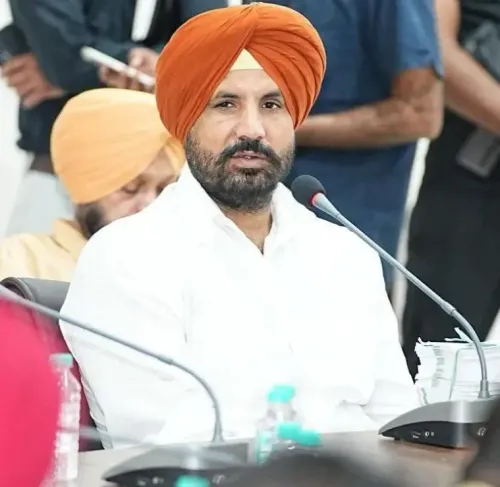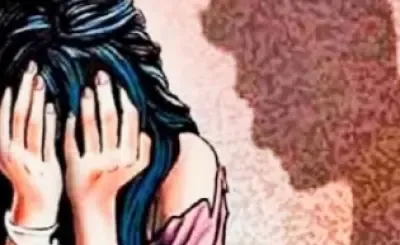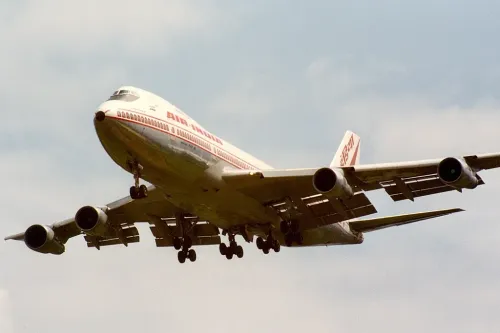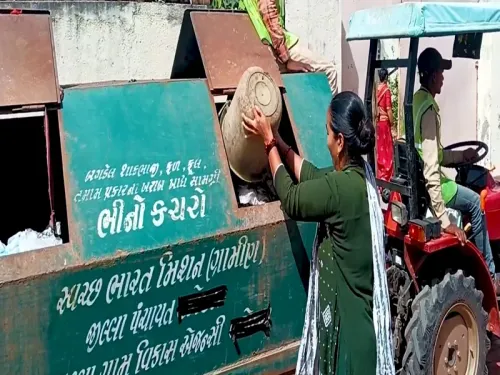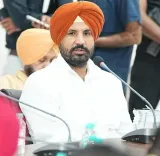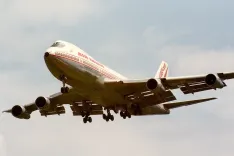Will PM Modi Chair the CCS Meeting Following Pahalgam Terror Attack?
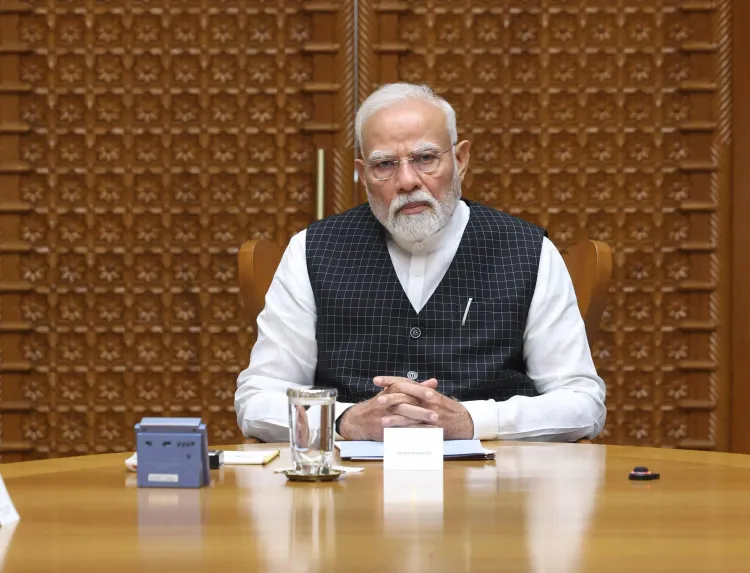
Synopsis
Key Takeaways
- Prime Minister Modi to chair important CCS meeting.
- Second meeting after the Pahalgam terror attack.
- 26 lives lost, including a Nepali national.
- Key ministers attending to discuss security strategies.
- Previous measures included suspension of the Indus Waters Treaty.
New Delhi, April 29 (NationPress) Prime Minister Narendra Modi is scheduled to lead the Cabinet Committee on Security (CCS) meeting on Wednesday morning, marking the second gathering following the horrific Pahalgam terror attack that sent shockwaves throughout the nation.
On April 22, a tragic incident resulted in the death of 26 individuals, including a Nepali national, while they were vacationing in the picturesque meadows of Pahalgam's Baisaran valley.
The CCS meeting is anticipated to commence around 11 a.m.
Attendees will include Defence Minister Rajnath Singh, Union Home Minister Amit Shah, Union Finance Minister Nirmala Sitharaman, and External Affairs Minister S. Jaishankar, among other senior officials.
Reports indicate that this meeting will likely be succeeded by a session of the Cabinet Committee on Economic Affairs.
The second CCS meeting within a week follows a recent discussion between Defence Minister Singh and PM Modi at the latter's Lok Kalyan Marg residence, lasting approximately 40-50 minutes. Singh reportedly provided PM Modi with insights on potential significant actions that India could undertake against Pakistan in response to its actions.
In the initial CCS meeting chaired by PM Modi on April 23, just a day after the Pahalgam tragedy, India initiated several actions against Pakistan, including the suspension of the Indus Waters Treaty, closure of the Attari border, revocation of visas for Pakistani nationals, banning numerous YouTube channels and X accounts, as well as downgrading diplomatic relations by reducing the staff in embassies and sending them back to their home country.

